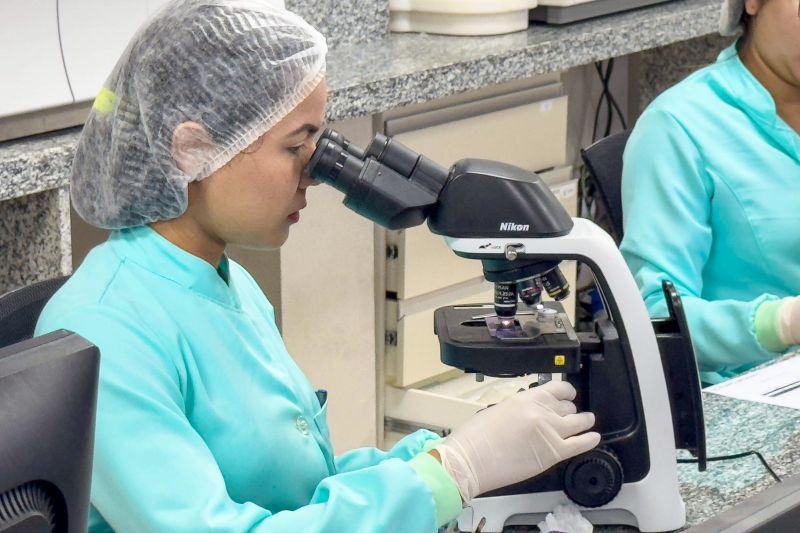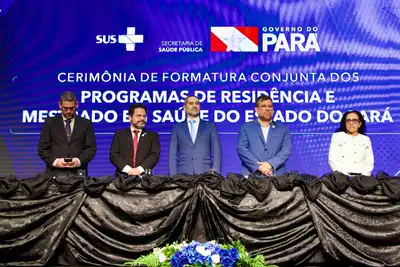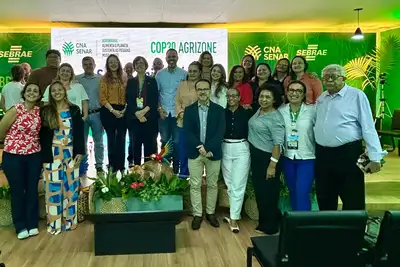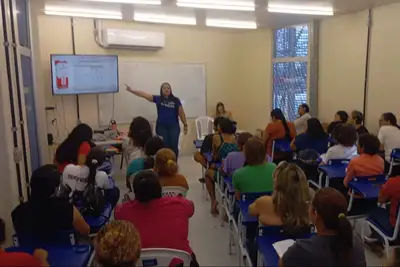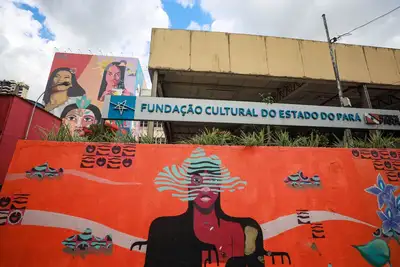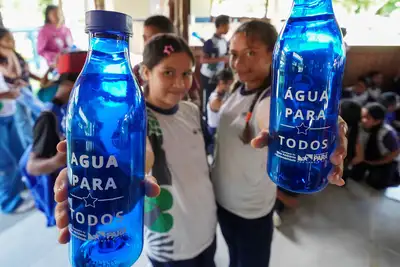Sespa will implement a notification system for antifungal medications
Health professionals will be trained for the prevention and control measures of mycoses in Pará and throughout the rest of the national territory.
On May 26 and 27, the State Department of Public Health (Sespa), in partnership with the Ministry of Health, will hold in Belém the Workshop for the Implementation of Surveillance of Endemic and Opportunistic Mycoses. The event will be hosted at the auditorium of the Metropolitan University Center of the Amazon (Unifamaz) and will bring together technicians from Regional Health Centers, hospitals, and representatives from municipalities in the Metropolitan Region of Belém.
Mycoses are infections caused by fungi, with infective forms strongly influenced by environmental and geoclimatic factors such as soil, vegetation, humidity, climate, and altitude. Despite the potential severity of these diseases, their burden is still underestimated and largely unknown, especially in tropical and subtropical countries. Among the most common types are cryptococcosis, aspergillosis, sporotrichosis, and histoplasmosis.
One of the main objectives of the workshop is to present the “Micosis” platform, a computerized system developed by the Ministry of Health that allows for the notification of cases, request, and dispensing of antifungals used in the treatment of endemic and opportunistic mycoses within the Unified Health System (SUS).
The implementation of the tool throughout the country aims to strengthen epidemiological surveillance, map the incidence of diseases, standardize the flow of medications, and assist in the construction of prevention and control strategies, in addition to optimizing the care and treatment of patients.
“As a tripartite initiative between the Ministry of Health, the State, and municipalities, the implementation of surveillance for these diseases will bring more answers to the population. The computerized system will facilitate the work of health professionals and managers so that more can be done to serve the population,” highlighted Adriana Leal, responsible for the Surveillance of Endemic Mycoses at Sespa.
According to her, the system will be an essential tool for defining actions and public policies based on the epidemiological profile of mycoses in Pará and the rest of Brazil. “It is fundamental for aligning prevention actions, in addition to allowing timely diagnosis and treatment, preventing progression to severe cases,” she explained.
In addition to technical training, the workshop will include the development of surveillance protocols and clinical management instructions, aimed at assisting professionals in the early identification of cases and appropriate therapeutic conduct.
The activity will be conducted by specialists from the General Coordination of Tuberculosis, Endemic Mycoses, and Non-Tuberculous Mycobacterioses of the Ministry of Health.


